The biohacking boom: Breakthrough or bullshit?
The anti-ageing industry is booming—but is it science or snake oil? Techmag cuts through the hype to uncover the tech that genuinely helps you age smarter. From NMN supplements to AI-powered longevity diagnostics, here's what works, what's a waste of money, and how to choose wisely.
Let's get one thing straight: ageing isn't a flaw to be fixed, it's biology. But that hasn't stopped the tech world from trying to outsmart it.
Armed with millions in VC funding, obsessed biohackers, and AI-driven diagnostics, the anti-ageing industry is exploding. No longer the realm of wrinkle creams and spa facials, the new longevity frontier is filled with startups promising to rewind your biological clock, one swab, patch or injection at a time.
But here's the catch: while some of this tech is backed by serious science, much of it is glorified wellness theatre with a premium price tag. And if you're not paying attention, you'll end up chasing dreams fueled by dopamine rather than data.
So, let's strip it down: what's legit, what's fluff, and how can you tell the difference before wasting time, or worse, risking your health?
Real Tech, Real Science
1. Epigenetic testing and biological age trackers
Companies like Tally Health and Elysium have brought at-home longevity testing to the mainstream. With a cheek swab, Tally promises to analyse your biological age based on DNA methylation, essentially, how your lifestyle has influenced the way your genes are expressed.
Sounds futuristic, and to a degree, it is. DNA methylation is a validated biomarker for ageing. But here's the reality: these tests give a rough estimate, not a crystal ball. They rely on internal algorithms, like Tally's proprietary "TallyAge", that haven't yet been independently validated.
That said, if you're making lifestyle changes and want a tool to track trends over time, these tests can offer motivation, if not precise measurement. Just don't bet your life expectancy on it.
2. NMN & NAD+ precursors
If you've dipped your toes into longevity science, you've likely heard of NMN (Nicotinamide Mononucleotide) and NAD+ (Nicotinamide Adenine Dinucleotide). These molecules are central to cellular energy production, and levels drop as we age.
Dr David Sinclair, Harvard researcher and co-founder of Tally Health, is a vocal champion of NMN supplements as a way to restore youth at the cellular level. Animal studies show impressive benefits, improved mitochondrial function, better endurance, and even cognitive resilience.
In humans, the story is more nuanced. Clinical trials show that NMN can increase NAD+ levels safely and possibly improve markers like walking endurance and energy. But the trials are small (often 30–60 participants), short (6–12 weeks), and mixed in outcomes.
The key here is quality. Brands like DoNotAge, Tru Niagen, and Renue by Science sell NMN, but not all are equal. Look for companies with pharmaceutical-grade production, transparent third-party lab results, and proper dosage (typically 250–900mg daily). If the label is vague or full of fillers, run.
3. AI longevity clinics: Next-level (and pricey!)
This is where things get genuinely exciting, if you've got deep pockets. Platforms like Function Health and Human Longevity Inc. offer AI-powered analysis of your blood, DNA, microbiome, and more to build a personalised roadmap for health optimisation and disease prevention.
Human Longevity, Inc. based in San Francisco
It's precision medicine for people who want to live past 100 without a wheelchair. These clinics use tech to identify early signs of heart disease, cancer, and metabolic dysfunction, years before traditional medicine would flag them.
Is it worth it? For some, absolutely. But don't expect to walk out immortal. Think of it as the difference between driving with Google Maps vs. driving blindfolded.
The fluff: Tech that sounds cool, but isn't
1. Red Light Therapy: Overexposed
Yes, red light therapy has uses, including wound healing, seasonal depression, and minor skin issues. But the idea that strapping red LED panels to your face or, worse, your genitals will "rejuvenate mitochondria" and reverse ageing? That's influencer-driven nonsense.
Companies like Joovv and Mito Red have built a business on flashy wellness gear with minimal clinical backing. Most human studies are either inconclusive or too small to generalise. You're more likely to get a placebo glow than a youth serum effect.
2. Cryotherapy: Cold, hard hype
Standing in a -110°C chamber for three minutes may feel invigorating, but the anti-ageing claims are a reach. While cold therapy does reduce inflammation temporarily, it doesn't reverse ageing or extend lifespan. Athletes use it for recovery; wellness centres use it for marketing.
Spending €100 a pop for marginal benefit? Your money's better spent on a decent mattress.
3. Infrared Saunas: Heat or Hype?
Infrared saunas are everywhere, from biohacking podcasts to boutique wellness centres, and they're often marketed as anti-ageing tools thanks to claims around detoxification, skin rejuvenation, and mitochondrial stimulation.
Here's the reality: while heat therapy does have real health benefits, such as improved circulation, lower blood pressure, and even reduced all-cause mortality in regular sauna users (per studies in Finland), the evidence for infrared specifically being superior is limited.
Unlike traditional saunas, infrared heat the body more directly and at lower temperatures. This can make it more tolerable for longer sessions, but it doesn't necessarily make it more effective.
Bottom line? Sweating in an infrared sauna feels good, may help with recovery and relaxation, but won't reverse ageing. If you enjoy it, great. Just don't expect a sauna session to replace strength training, sleep, or real science-backed interventions.
4. IV Drips & Longevity Lounges
Walk into any major city and you'll find "longevity bars" offering NAD+ IV drips, glutathione infusions, and B-vitamin cocktails. The idea is direct delivery of nutrients for faster, more powerful results.
The science? Weak. Unless you're severely deficient or recovering from illness, these expensive cocktails don't do more than what high-quality oral supplements could, at a fraction of the price. Worse, improper administration carries real risks.
Companies like Drip Hydration and Reviv have franchised the wellness-drip model, but for the average healthy person, it's style over substance.
The Wild Frontier: Stem Cells & Genetic Reprogramming
Now we're getting into ethically murky, scientifically thrilling territory.
Stem cell therapy is gaining traction in anti-ageing circles, especially in Panama, Mexico, and Eastern Europe. Some report regeneration of cartilage, improved mobility, or even wrinkle reduction. But don't let glossy before-and-after photos fool you: many of these treatments are unregulated, under-researched, and potentially dangerous.
Even bolder are companies like Altos Labs, a Bezos-backed startup aiming to reset the cellular age using genetic reprogramming. Think of it as wiping your biological slate clean. Exciting? Yes. Commercially available? Not even close. This is decades away from clinical reality, and not something you want injected into your body on a wellness retreat.
How to tell what's worth it
We're in the Wild West of anti-ageing tech. Some of it is promising. Some of it is utter BS. So, how do you sort it?
Look For:
Peer-reviewed studies with human data
Transparent third-party lab testing (for supplements)
Regulated medical clinics, not offshore "miracle" spas
Long-term safety data, or at least safety-first protocols
Brands with expert advisory boards, not just influencers
Avoid:
Products promising to "reverse ageing" or "hack your DNA" overnight
Companies that hide their ingredients or sourcing
Celebrity-backed brands with no scientific oversight
Devices that cost more than your monthly rent but do less than a good walk
The real anti-ageing tech? It's boring. And that's good.
Want to slow down ageing? Here's a non-sponsored truth: lift weights. Get 8 hours of sleep. Eat fewer processed carbs. Walk 8,000 steps a day. Practice breathwork. Take Vitamin D if you're deficient. No app. No wearable. No magic mushroom serum required.
As longevity expert Dr Peter Attia puts it: "The goal isn't just to live longer, it's to die slower."
So, what's the verdict?
Anti-ageing tech is booming, but it's a minefield. The best innovations right now aren't flashy, they're data-driven, proven in humans, and backed by people with PhDs, not Photoshop. The rest? Mostly noise with a shiny finish.
So stay curious, but remain critical. And remember: there's no shortcut to vitality. But with the right mix of science, scepticism, and discipline, you can age smarter and better.
Just don't expect to do it by glowing red in your bathroom for 15 minutes a day.


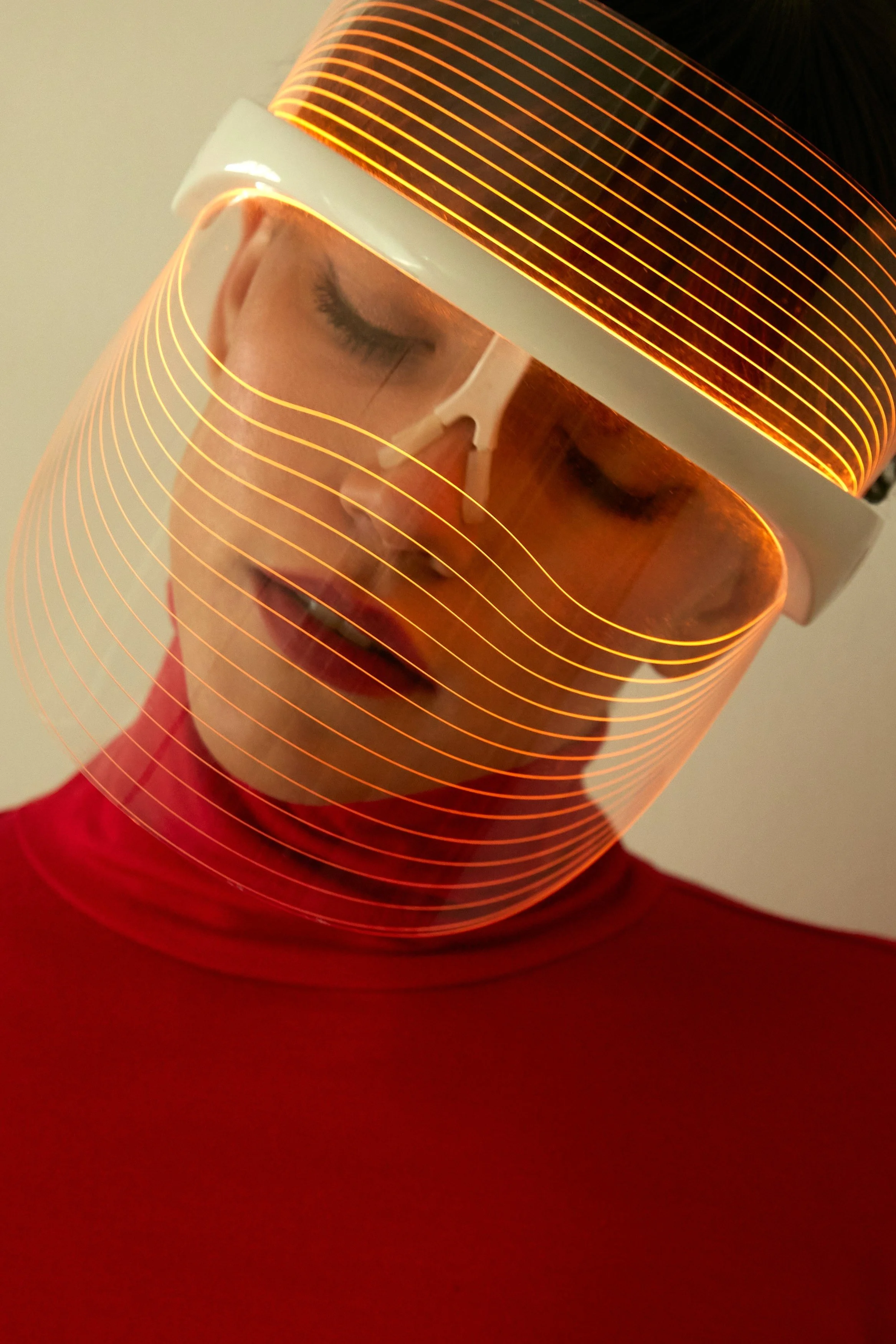


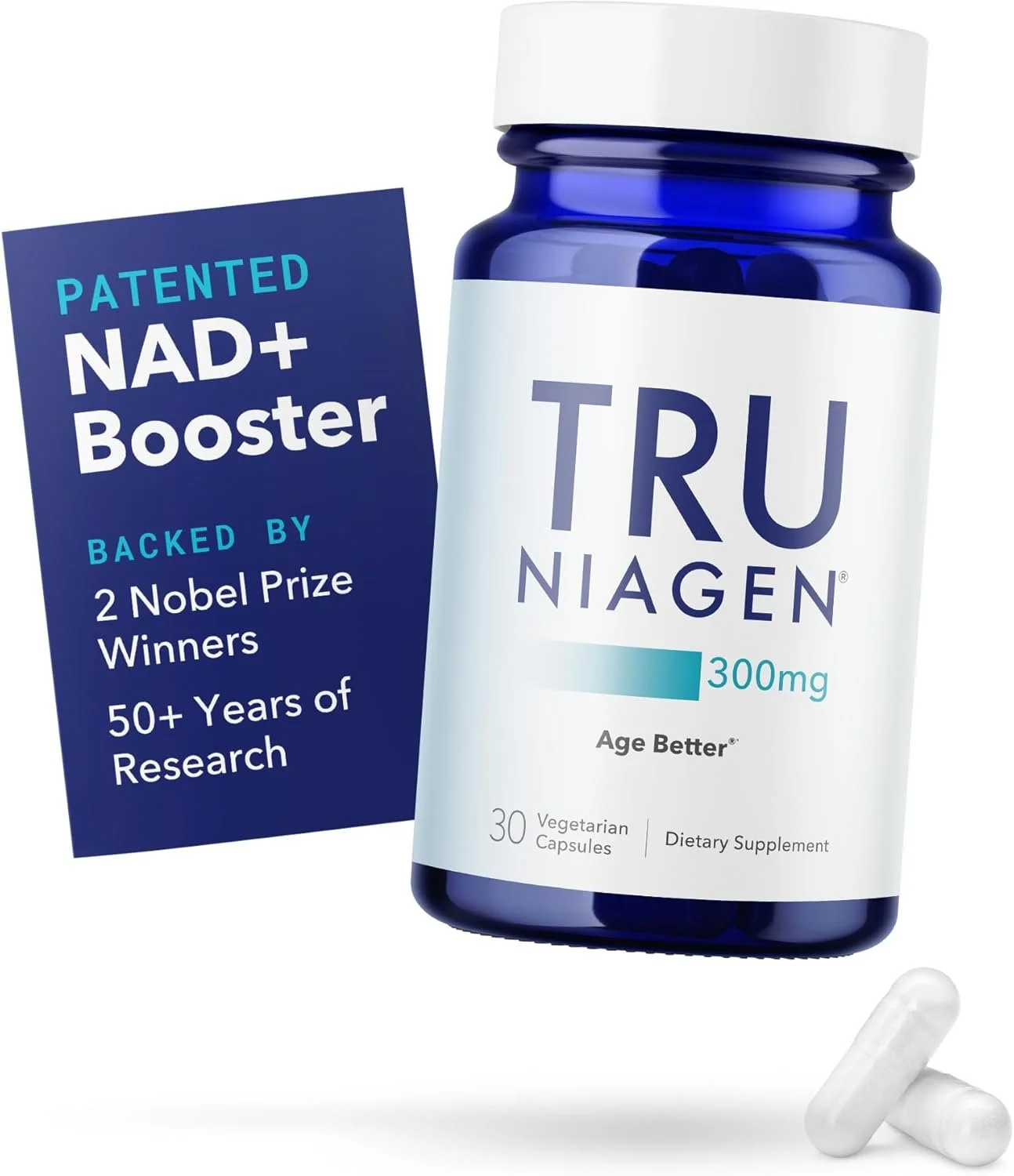
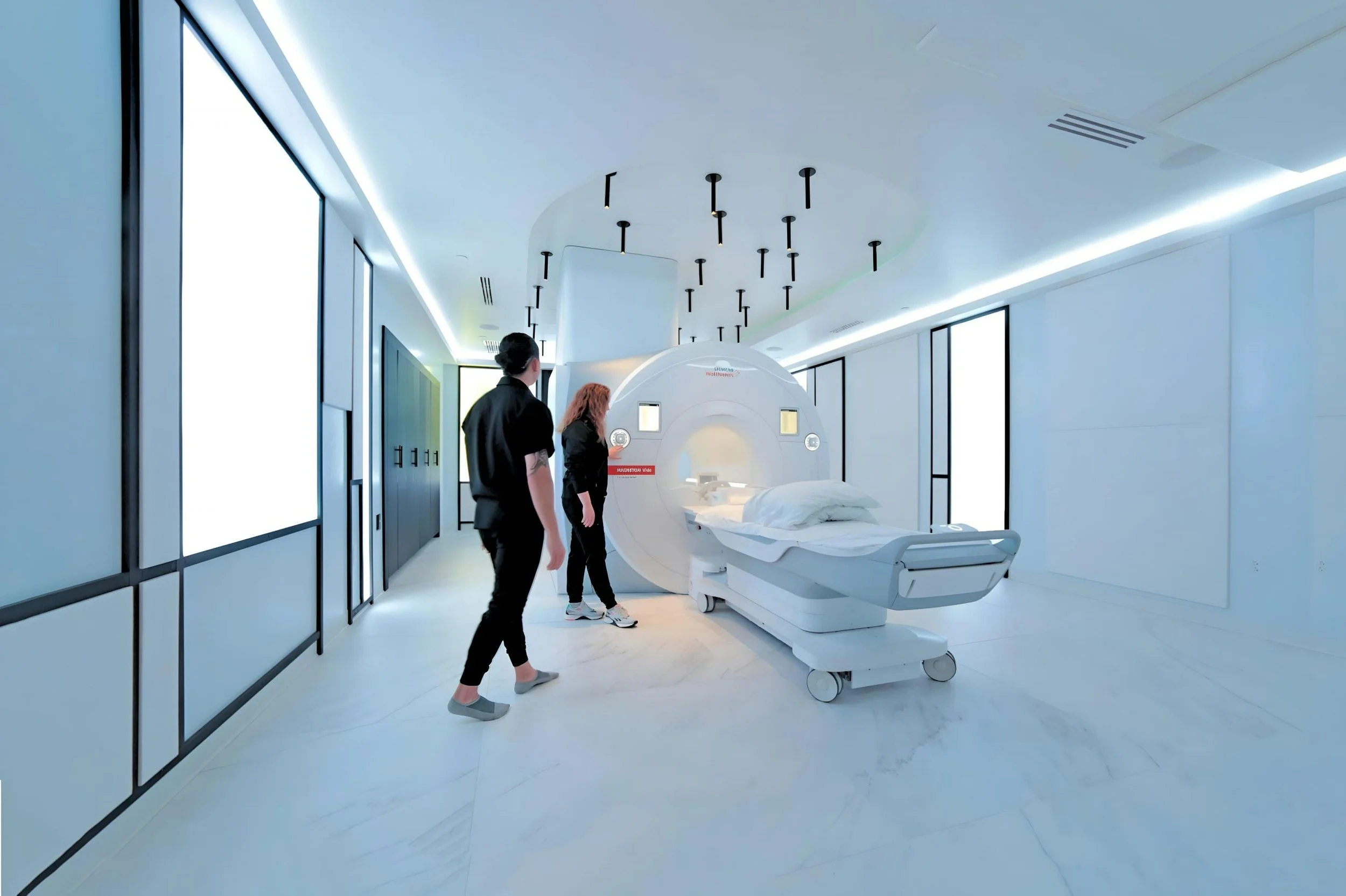



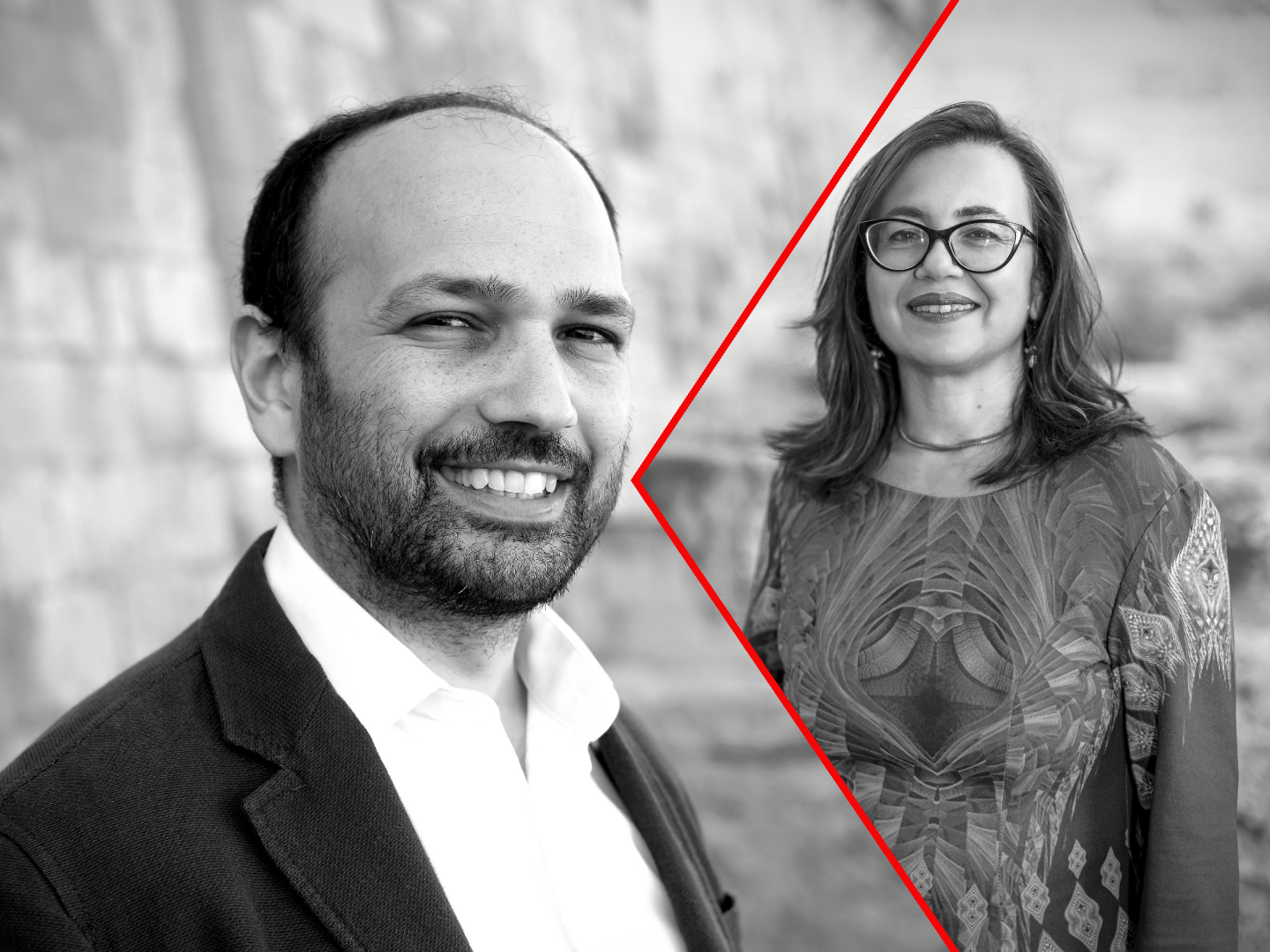
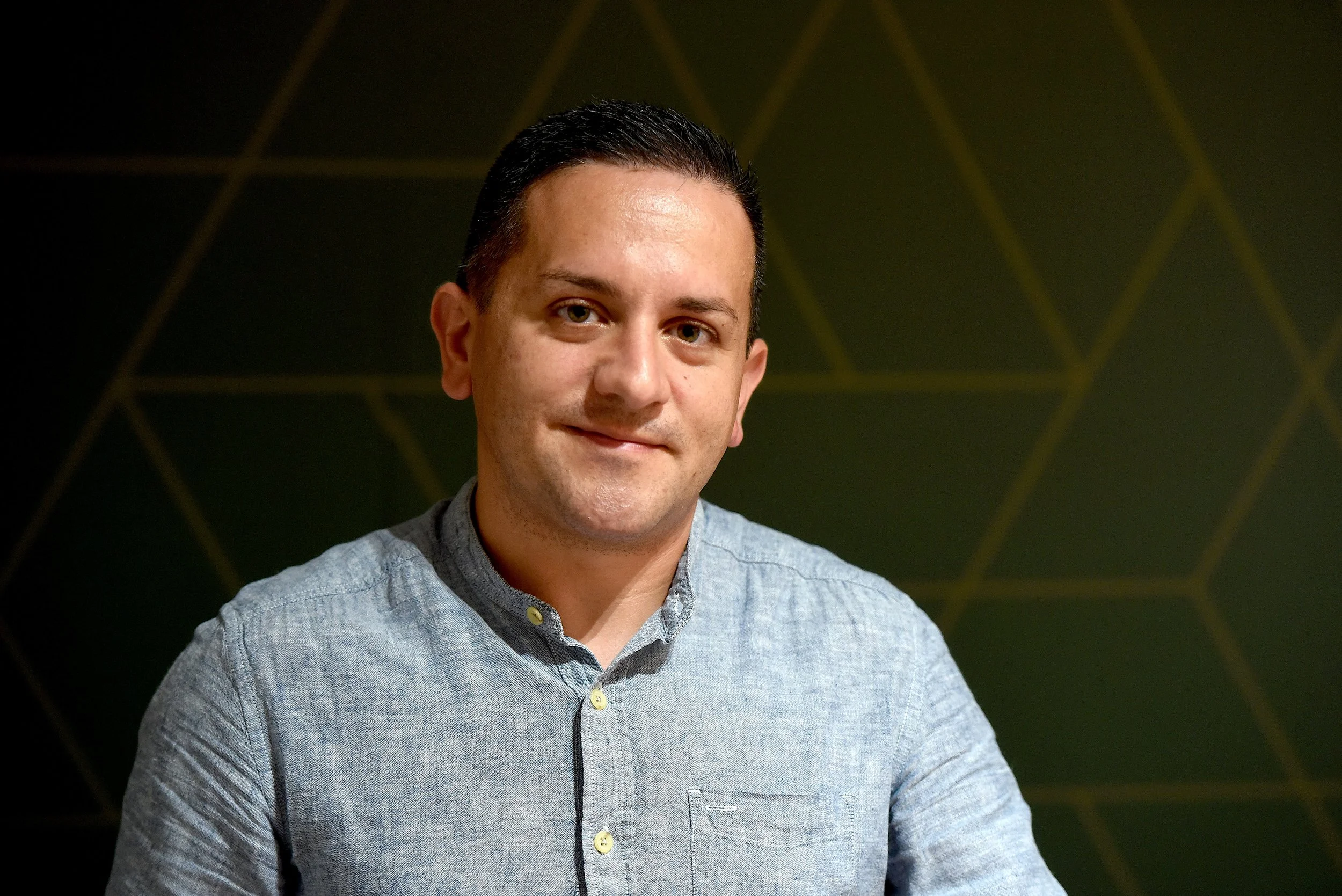


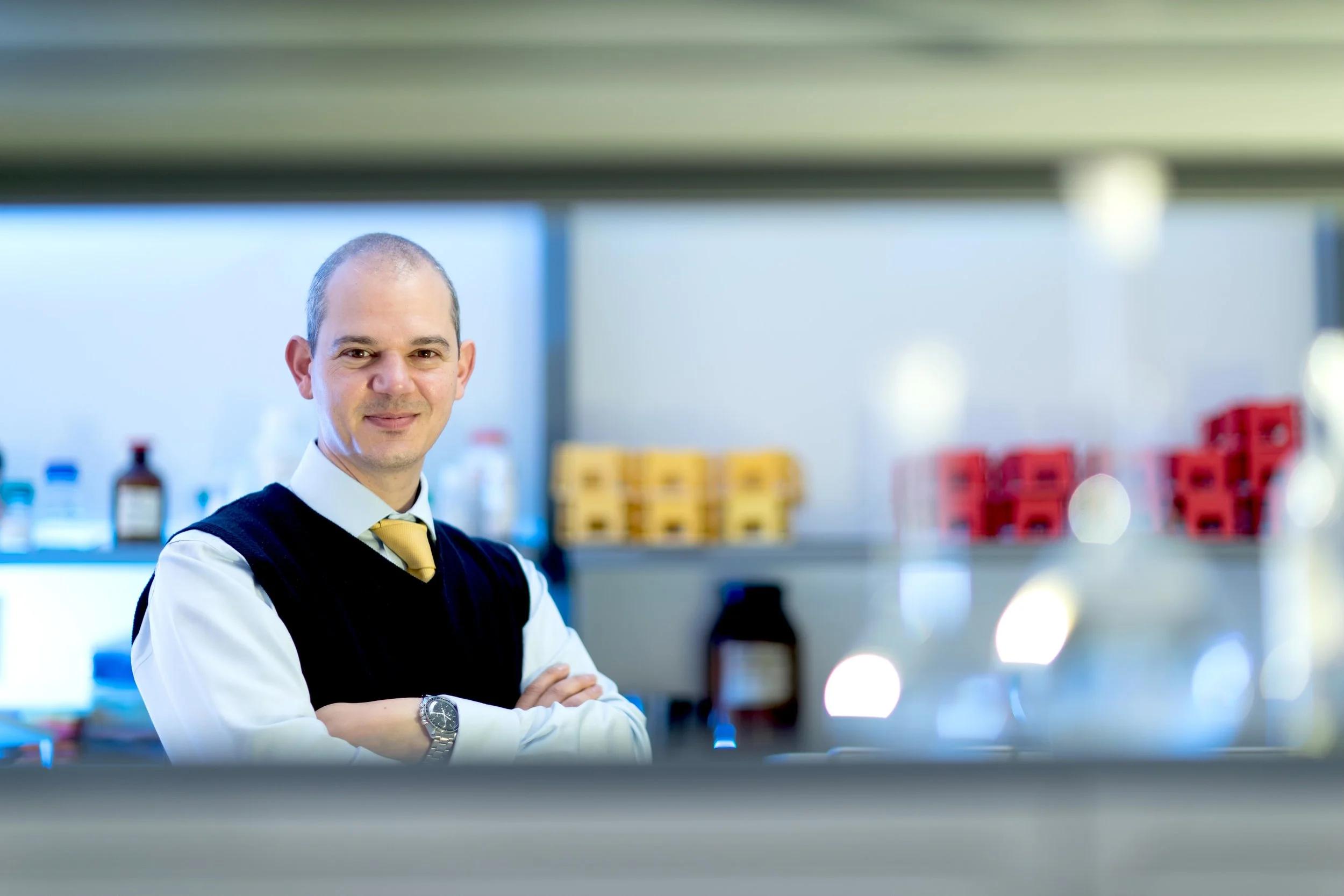







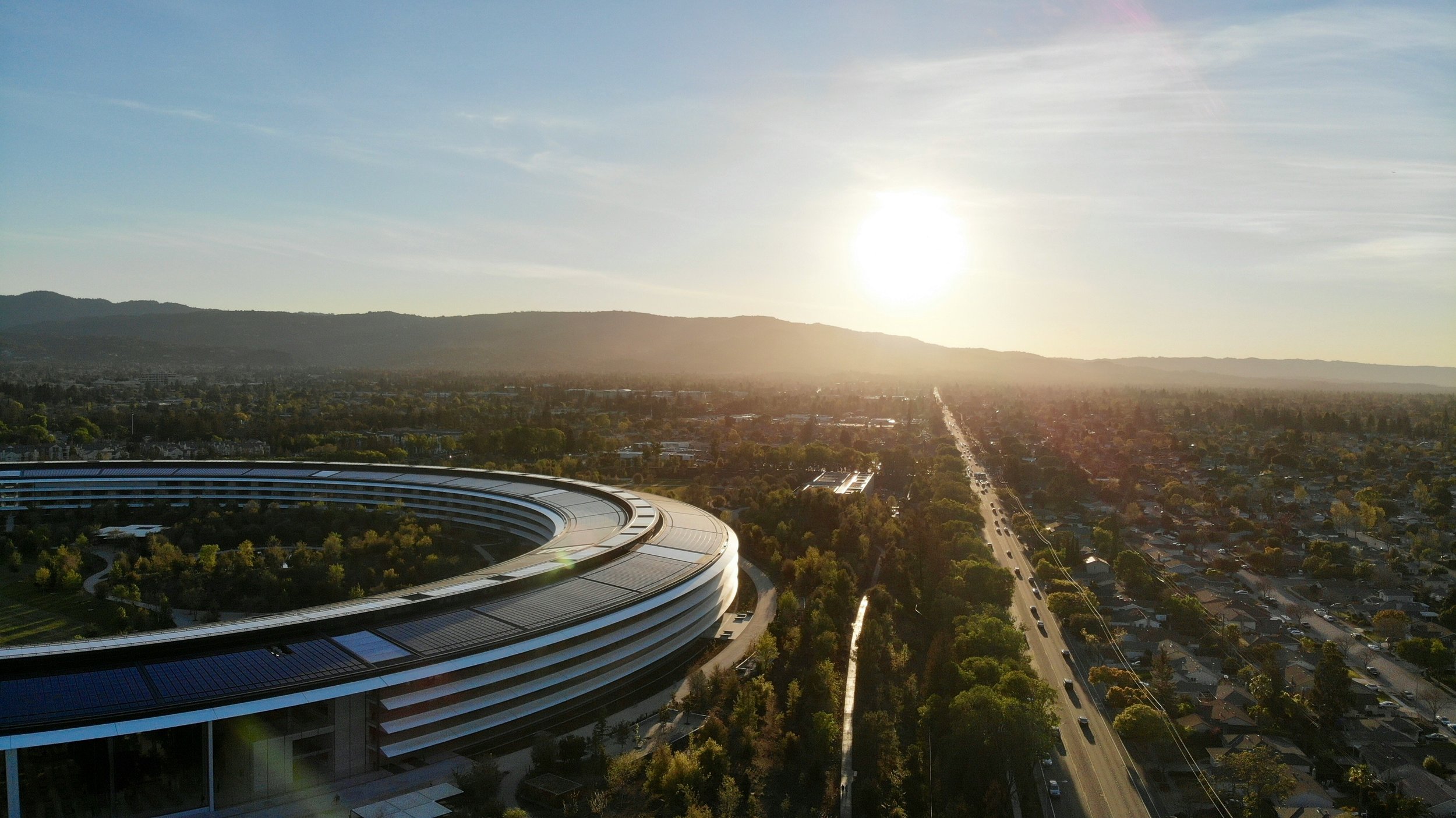

Malta’s surveillance network is growing—CCTV cameras, biometric ID cards, and facial recognition trials—yet there’s little debate or oversight. Manuel Delia investigates how rapid digital transformation is reshaping governance, redefining citizenship, and eroding privacy under the guise of convenience, safety, and technological progress.